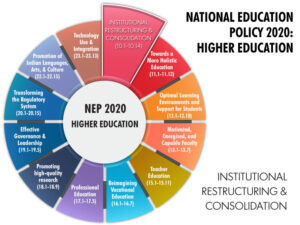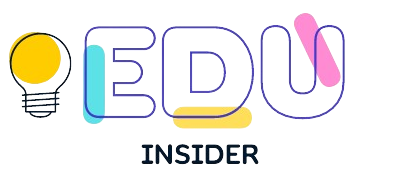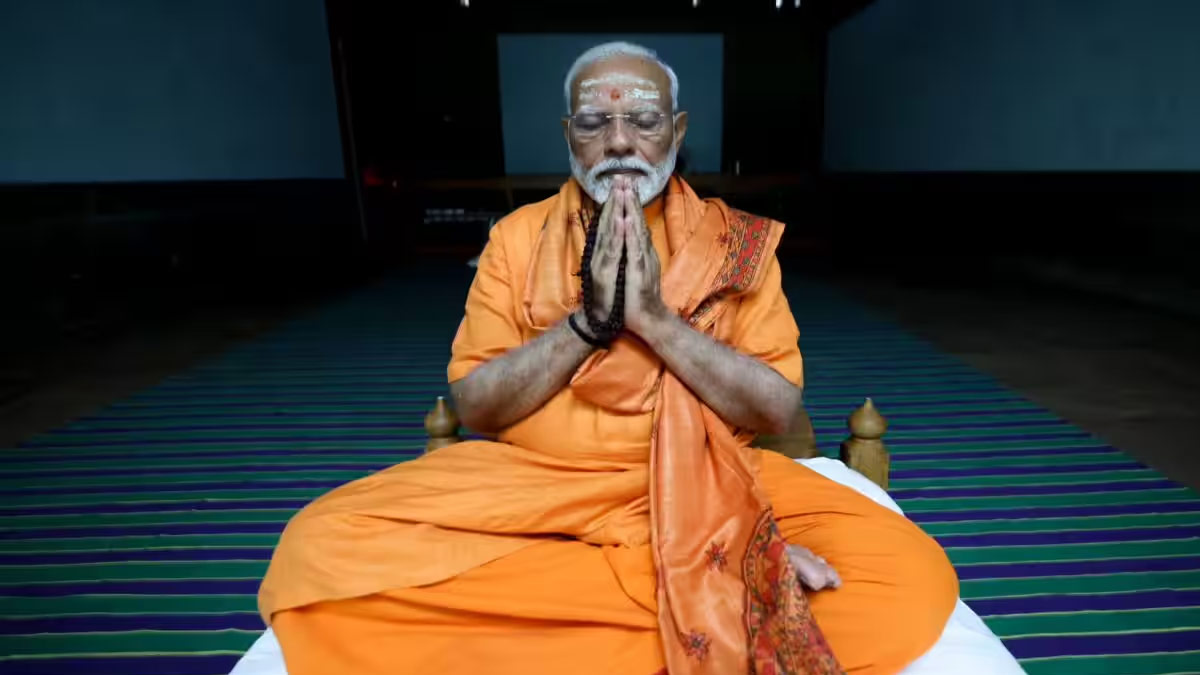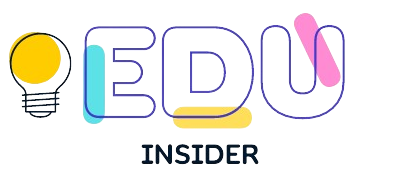The evolution of India’s education system spans millennia, reflecting the country’s rich cultural, social, and political history. From ancient times to the present day, India’s approach to education has undergone significant transformations, influenced by indigenous traditions, colonial rule, and modernization efforts.
Ancient Education System:
In ancient India, education was primarily transmitted orally through the Gurukula system, where students lived with a guru (teacher) in an ashram (hermitage). Subjects included Vedic literature, philosophy, mathematics, astronomy, medicine, and warfare. Education was holistic, focusing on moral, ethical, and spiritual development alongside academic knowledge.
Medieval Period:
During the medieval period, Islamic influences introduced madrasas, which emphasized religious education alongside secular subjects. Meanwhile, traditional Indian education continued in Gurukulas, preserving ancient knowledge systems.
Colonial Era:The British colonial period brought significant changes to India’s education system. The British established formal schools and universities based on Western models, aiming to create a class of Indians who could assist in colonial administration. The English language became the medium of instruction, leading to the marginalization of indigenous languages and knowledge systems.
Post-Independence:
After gaining independence in 1947, India focused on expanding access to education and building institutions. The government adopted a democratic and secular approach, promoting free and compulsory education for all children. The 1968 National Policy on Education emphasized universal elementary education, and subsequent policies aimed at addressing issues of quality, equity, and access.
Modern Challenges and Reforms:
To address these issues, the government introduced the Right to Education Act in 2009, which mandates free and compulsory education for children aged 6 to 14. Additionally, initiatives like Sarva Shiksha Abhiyan and Rashtriya Madhyamik Shiksha Abhiyan aim to improve infrastructure and quality at all levels of education.

New Education Policy (NEP) 2020:
Early Childhood Care and Education:
Prioritizing early childhood education to ensure the holistic development of children from a young age.Early Childhood Care and Education: Prioritizing early childhood education to ensure the holistic development of children from a young age.
Flexible Learning:
Encouraging flexible learning pathways, including online and distance education, to cater to diverse learning needs.
Teacher Training and Professional Development: Enhancing the quality of teaching through improved teacher training programs and continuous professional development.
Holistic and Multidisciplinary Education:
Emphasizing the integration of arts, humanities, sciences, and vocational subjects to foster critical thinking and creativity.
Promotion of Indian Languages: Promoting the use of mother tongue or regional languages as the medium of instruction in schools to preserve linguistic diversity and facilitate better learning outcomes.

Should be:
Inclusive Education:
Ensure inclusive education for marginalized groups, including girls, children with disabilities, and those from disadvantaged backgrounds.
Teacher Empowerment:
Enhance teacher recruitment, training, and support systems to ensure a motivated and qualified teaching workforce.
Monitoring and Evaluation:
Establish robust monitoring and evaluation mechanisms to track progress, identify gaps, and facilitate evidence-based policymaking.
Investment in Infrastructure:
Prioritize investment in infrastructure, including schools, libraries, laboratories, and digital resources, especially in rural and underserved areas.
Public-Private Partnerships:
Foster collaboration between government, private sector, and civil society organizations to leverage resources and expertise for educational development.
Curriculum Reform:
Update curriculum frameworks to incorporate 21st-century skills, including critical thinking, problem-solving, digital literacy, and environmental consciousness.
By implementing these measures and staying true to the principles of equity, quality, and inclusivity, India can build a modern, responsive, and inclusive education system that prepares its citizens to thrive in a rapidly changing world.








